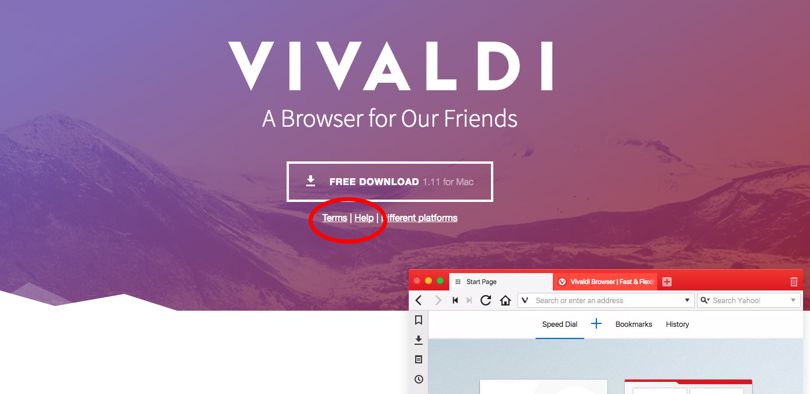Jon Gabriel on the weird position Net Neutrality fans find themselves in … demanding that Il Donalduce himself, the most hated politician in Liberal America since Richard Nixon be the one to dictate how the internet is run:
If President Trump is some kind of digital facist, he sure has a funny way of going about it.
His FCC chairman is trying to remove government from the Internet, returning it to those dark, authoritarian days of 30 months ago — you know, when pretty much every website, app and online service we use was created.
Bizarrely, these net neutrality alarmists are demanding that Trump maintain control of the Internet, planting his administration firmly between citizens and whatever content they want to view or create.
Even if Democrats were running the show in Washington, how could federal meddling improve the Internet? Do they want the Web run by the bureaucrats who spent $2 billion to build a health care website that didn’t work? Do they want our privacy assured by those behind the National Security Agency?
Nevertheless, progressives insist that Trump regulate the Internet in the name of free speech. Perhaps he can do this between his tweets bashing the press.
[…]
If the FCC approves this new proposal, the worst of federal meddling online will be retired. Instead, the commission will simply require Internet service providers to be transparent about their service offerings. That way, tech innovators will have the information they need and consumers will know which plan works best for them.
In other words, Web users and creators will be back in control of the Internet instead of lawyers and bureaucrats. Just as they were for all but the past couple of years.
To ensure transparency, Pai made all his proposals public before the FCC vote Thursday. A big departure from the Obama administration’s methods, which kept its net neutrality rules secret until after they were approved.
Before the FCC’s heavy-handed intervention, we saw the creation of Amazon, Google and Twitter. If Washington removes these unnecessary regulations as expected, we’ll see the Internet continue to blossom.
And my daughters will get to watch their favorite YouTube celebrities complain about net neutrality for years to come.




